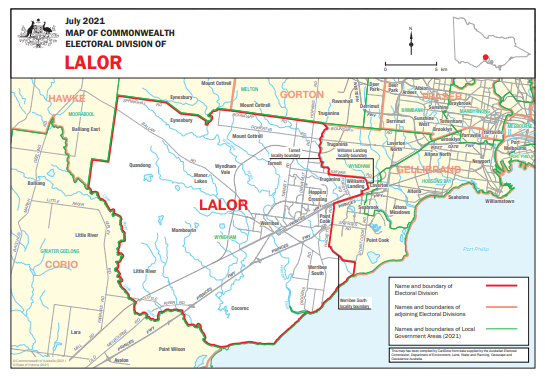|
|
|
|
| Adam Carr's Election Archive
|
Australian federal election, 2022
Division of Lalor, Victoria
Named for: Hon Peter Lalor (1827-89), leader of Eureka miners, Vic MP
1855-71, 1874-89 *
Western Melbourne: Hoppers Crossing, Tarneit, Werribee, Williams Landing, Wyndham Vale
State seats: All of
Werribee, parts of
Altona and
Tarneit
Local government areas: Parts of
Wyndham
Borders with:
Corio,
Gellibrand,
Gorton and
Hawke
Enrolment at 2019 election: 106,795
Enrolment at 2022 election: 107,013 (+00.2)
1999 republic referendum: No 51.3
2018 same-sex marriage survey: Yes 56.8
Sitting member: Joanne Ryan (Labor):
Elected 2013, 2016, 2019
2007 Labor majority over Liberal: 15.5%
2010 Labor majority over Liberal: 22.2%
2013 Labor majority over Liberal: 12.2%
2016 Labor majority over Liberal: 13.4%
2019 Labor majority over Liberal: 12.4%
2019 notional Labor majority over Liberal: 12.4%
Liberal two-party vote 1983-2019
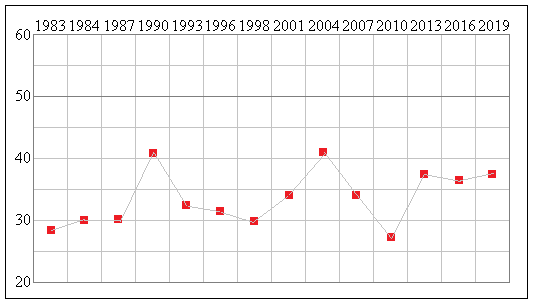
Status: Safe Labor
Best Labor booths, two-party vote: Manor Lakes (71.5), Glenorden (71.2), Tarneit West (70.9),
Tarneit Central (70.1), Wyndham Vale South (70.0)
Best Liberal booths, two-party vote: Werribee South (61.3), Derrimut Heath (45.1), Little River (44.0),
Werribee East (44.0), Werribee PPVC (41.9)
2019 results
Statistics and history
Candidates in ballot-paper order:
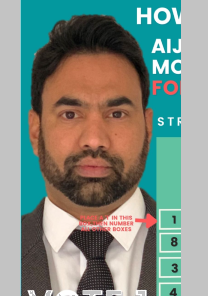 |
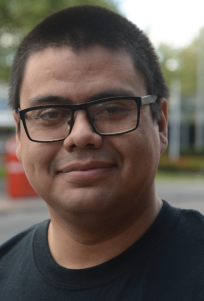 |
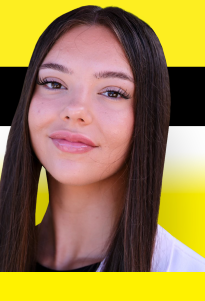 |
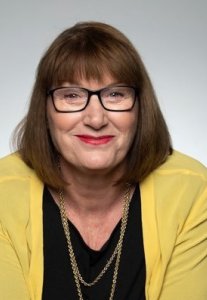 |
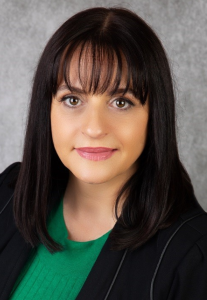 |
1. Aijaz Moinuddin
Independent |
2. Claudio Uribe
Victorian Socialists |
3. Juanita Paterson
United Australia Party |
4. Joanne Ryan
Australian Labor Party |
5. Patrizia Barcatta
Liberal Democrats |
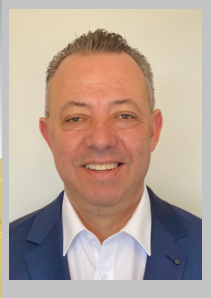 |
 |
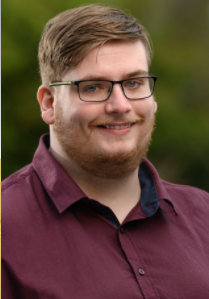 |
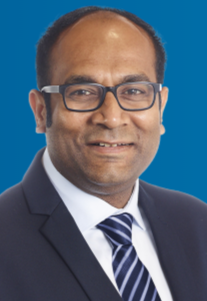 |
6. Peter Malliaros
Australian Federation Party |
7. James Ingarfill
Pauline Hanson's One Nation |
8. Jack Boddeke
Australian Greens |
9. Ravi Gaddipati
Liberal Party |
Candidate websites:
Patrizia Barcatta
Jack Boddeke
Ravi Gaddipati
Peter Malliaros
Aijaz Moinuddin
Juanita Paterson
Joanne Ryan
Claudio Uribe
Division of Lalor
Lalor was created in 1949, originally as a semi-rural seat extending as far north as Seymour. Later
redistributions cut it back to Melbourne's fast-growing outer western suburbs, based on the satellite town of
Werribee, now a major urban growth centre. Lalor is one of the country's leading lower-income mortgage belt seats, with very high levels of
families with dependent children and of dwellings being purchased. It also has very low levels of people in
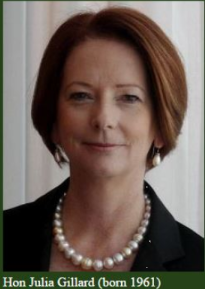 professional occupations and of people aged over 65, which shows that it is overwhelmingly a seat of young families, many
of them recent immigrants, buying their first homes. It is also a very multicultural seat, with an
increasing population of immigrants from India.
professional occupations and of people aged over 65, which shows that it is overwhelmingly a seat of young families, many
of them recent immigrants, buying their first homes. It is also a very multicultural seat, with an
increasing population of immigrants from India.
Lalor has nearly always been a Labor seat, although it was lost in 1966, when it still had substantial
rural areas in it. Members for Lalor, a Labor "leadership seat," have included Labor ministers
Reg Pollard (Chifley Government),
Dr Jim Cairns (Whitlam Government),
Barry Jones (Hawke Government) and
Julia Gillard, who won the seat in 1998.
Gillard was on the Opposition front bench from 2001 and made her reputation as shadow minister for
health. In 2006 she formed a leadership ticket with
Kevin Rudd and was elected Deputy Labor Leader, in
succession to
Jenny Macklin. She was Deputy Prime Minister and Minister for Employment and Workplace
Relations in the Rudd Government. In June 2010, after initial reluctance, she agreed to challenge Rudd,
and became Australia's first female PM when Rudd agreed not to contest the ballot. She lost Labor's majority
at the 2010 election and formed a minority government. In June 2013 she was defeated in Rudd's second
attempt at a counter-coup, and retired at the 2013 election.
Joanne Ryan, Labor MP for Lalor since 2013, was a teacher and school principal before her election. She has
been an Opposition Whip since 2013. The Liberal candidate is Ravi Gaddipati, a business owner. The Greens candidate is Jack Boddeke, an IT professional.
* Peter Lalor pronounced his surname LAW-luh, and the name of the Division of Lalor is always pronounced that way. The Melbourne
suburb of Lalor (which is in
Scullin) is generally pronouned LAY-law.)
Demographics:
Median weekly household income: $1,600 (Australia $1,438)
People over 65: 7.8% (Australia 15.8%)
Australian born: 52.7% (Australia 66.7%)
Ancestry: Indian 9.7%
Non-English-speaking households: 44.4% (Australia 22.2%)
Hindu: 8.4%
Catholics 24.1% (Australia 22.6%)
No religion 22.9% (Australia 29.6%)
University graduates: 24.1% (Australia 22.0%)
Professional and managerial employment: 28.9% (Australia 35.2%)
Employed in manufacturing and construction: 22.3% (Australia 22.9%)
Paying a mortgage: 47.4% (Australia 34.5%)
Renting: 28.8% (Australia 30.9%)
Traditional families: 47.7% (Australia 32.8%)
Back to main page
|
|
 professional occupations and of people aged over 65, which shows that it is overwhelmingly a seat of young families, many
of them recent immigrants, buying their first homes. It is also a very multicultural seat, with an
increasing population of immigrants from India.
professional occupations and of people aged over 65, which shows that it is overwhelmingly a seat of young families, many
of them recent immigrants, buying their first homes. It is also a very multicultural seat, with an
increasing population of immigrants from India.
